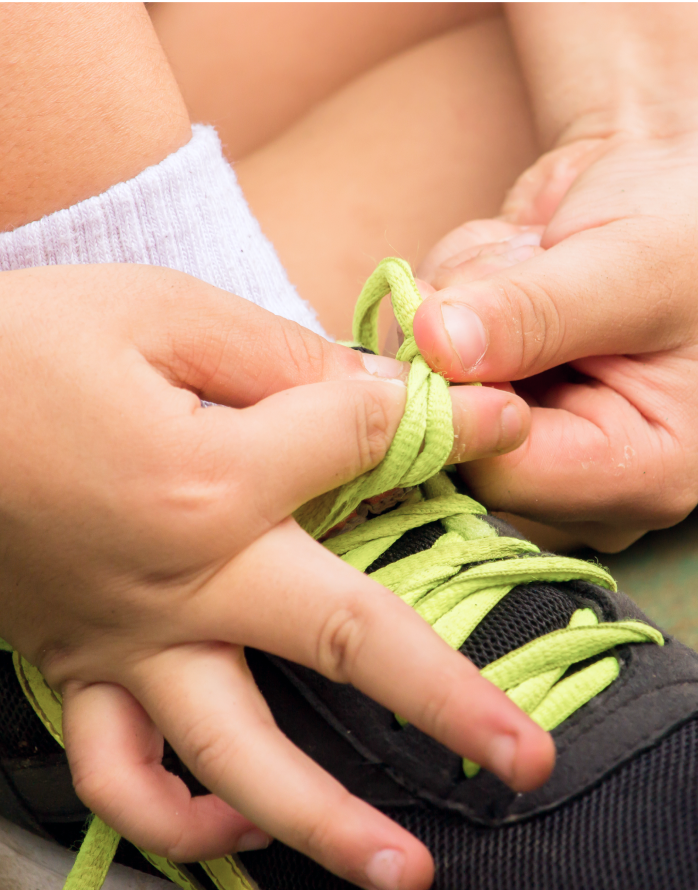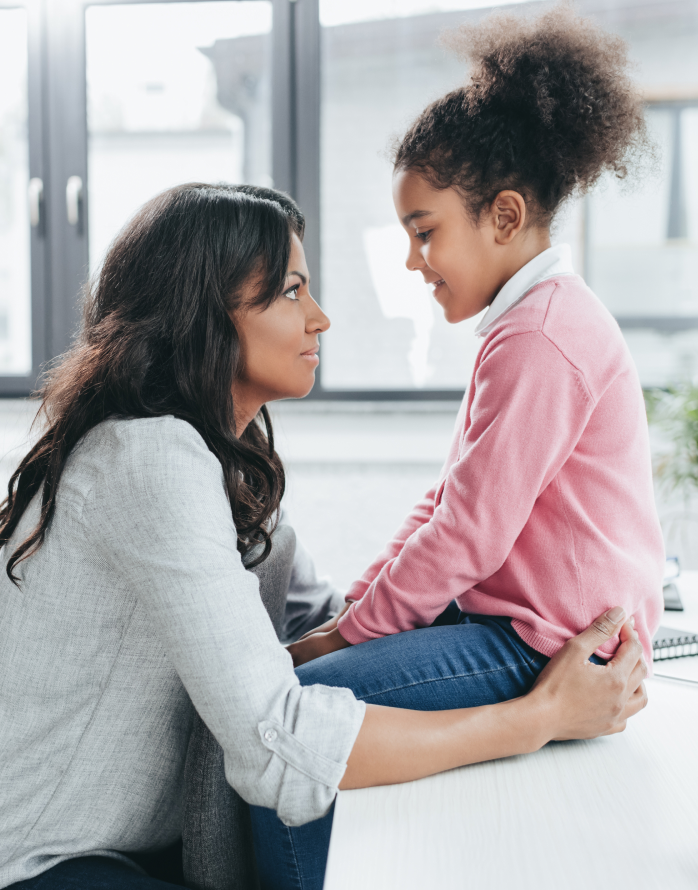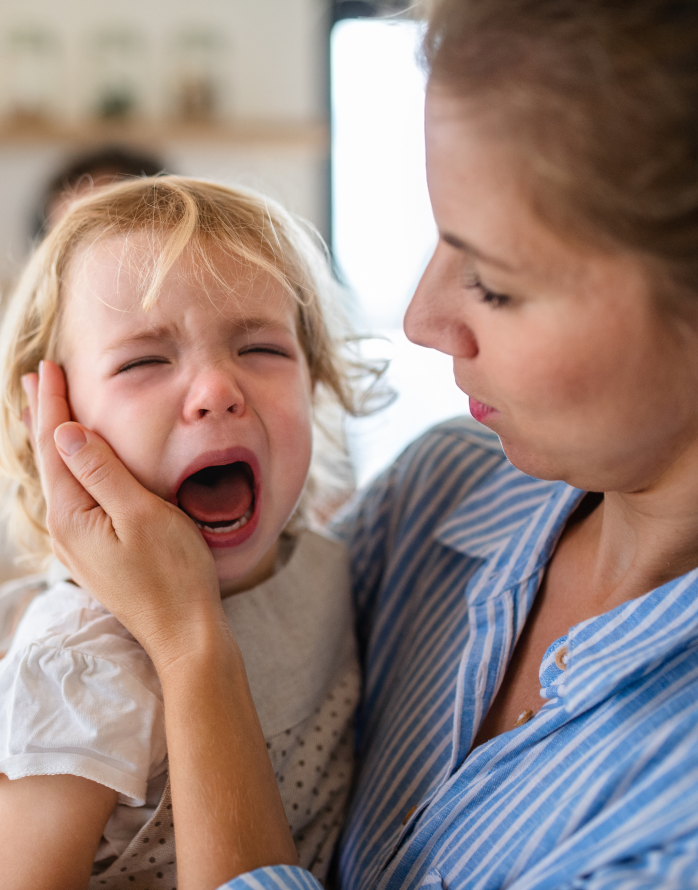
Self-Help Skills Training
Becoming as independent as possible is one of the most common concerns of caregivers of those with autism spectrum disorder. Teaching self-help skills such as hand washing, dressing, toilet training and shoe tying is an integral step toward that independence. By breaking down self-care skills into small manageable steps, Centre for Autism Treatment is able to use applied behavior analysis (ABA) to improve independence.
Functional Communication
Training
Functional Communication Training is the number one replacement behavior taught to reduce problem behaviors such as tantrums, verbal protest, and elopement. Problem behaviors often occur because the child is trying to communicate something but may not be verbal yet.
Functional Communication Training fills the skill gap and teaches appropriate ways for the child to ask for items, help, a break or for more time with a preferred activity. Centre for Autism Treatment is also able to accommodate the family’s preference when it comes to the mode of communication (e.g., picture exchange using an iPad, physical picture exchange from a book or spoken language).


Feeding
From picky eaters to food refusal, Centre for Autism Treatment works with families to expand their child’s food repertoire. Every family’s diet is different, which is why we start with a food inventory to help decide what specific food items will be targeted for acceptance and what will be used to motivate/reinforce the acceptance of new food items. As with many interventions, feeding programs require consistency and follow through from the clinical team and from the family.

Behavior Reduction
Once Centre for Autism Treatment begins ABA with a family, our goal is two-fold, to reduce problem behaviors such as tantrums or meltdowns, physical aggression, and self-injury and to teach replacement behaviors. The clinical team develops a behavior plan for each socially significant problem behavior and tracks the progress of its interventions. Once problem behaviors are reduced, the remainder of services focus on parent training and generalization of the skills that have been learned.





Social Skills Training